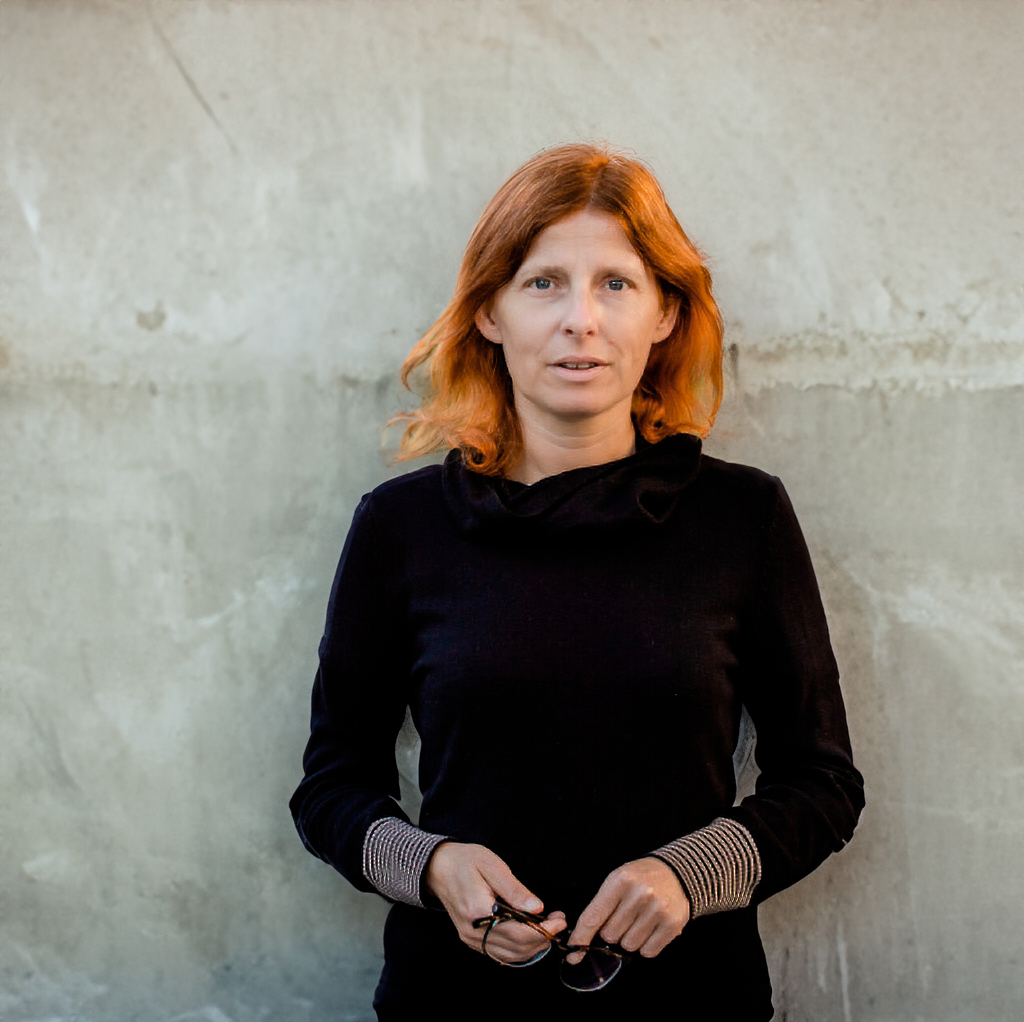
Women, Energy Poverty and a Just Energy Transition
By Lidija Živčič and Katjuša Šavc, Focus Association for Sustainable Development
Energy poverty occurs when a household cannot achieve the minimum level of domestic energy consumption required for satisfying basic needs and for effective participation in society. Energy poverty results from structural inequalities in income distribution and access to quality housing, inadequate energy pricing and vulnerable consumer support policies, and diverse household energy needs and practices. It is a distinct form of material deprivation with an explicit gender dimension and demonstrated impacts on physical and mental health.
Namely, women and women-led households are disproportionately affected by energy poverty, but women are at the same time a strong actor in tackling energy poverty. Due to labour division, women tend to spend more time working at home and thus are more exposed to energy poverty and its consequences. Generally, there is a higher share of women who are at risk of poverty and social exclusion than men. Women are also more heat and cold sensitive than men due to physiology (chronic temperature-related discomfort, heat and associated diseases).
Yet, the current policies and measures in the member states of the European Union (EU) to tackle energy poverty show hardly any recognition of women being disproportionately affected by energy poverty. Also, the EU's policies and measures for a just energy transition are somewhat more appropriate for men than for women. It is assessed that the energy related aspects of the European Green Deal will have disproportionately more positive effects for men than for women affected by energy poverty, especially if we look at its efforts to boost renovation and renewables.
Starting from the gender gap in ownership of housing, it can be assessed that the Renovation Wave Strategy will bring more positive effects for men than for women, as men tend to be the owners of dwellings more often than women. As the Renovation wave will bring benefits mainly to the owners of the dwellings, women are less likely to directly benefit from it than men. Another relevant aspect to look at is the aspect of job creation in the European Green Deal, especially in the sectors of renovation of buildings and renewable sources of energy, which are the closest to the energy poverty issue. Because the sectors of renovation of buildings and renewable sources of energy are traditionally very male dominated, the benefits of job creation will be enjoyed mostly by men and only partially by women.
Women are still highly underrepresented in all aspects of the energy sector. Before women enter the workforce, they are already underrepresented in decision making in their own homes, and they are underrepresented as students of technical and energy-related studies. Additionally, they are not equally represented in the decision-making process or the leadership of energy sector companies.
If we are to make a just energy transition happen, this might have to be the first challenge to address. Involving more women in the energy sector and giving them a visible role in energy companies is a must. Also involving more women in energy related decision-making processes should be a prerequisite. Opening up decision-making to more participative formats would also be a good step forward in ensuring that more people, especially from marginalised groups take part in the deliberations and contribute to shaping policies that are more suited for women and other disadvantaged groups.
Although the main policies of the EU for a just energy transition are now fully developed (including the key flaws in regard to gender/intersectionality integrated into them), there could still be space for the involvement of women in all their diversity in designing plans for operationalising those policies at the national level. This might still help to fix some of the disparities for women and orient the implementation of the EU's green energy policies towards higher benefits for women and other vulnerable groups.
Prioritising and empowering women, especially the ones affected by energy poverty, in training and jobs related to renovation and renewables efforts of the EU, is a very important step. Hence it should be considered, when operationalising the renovation and renewables' strategies, how women in all their diversity can be given priority. Also, in training and building up skills and qualifications it should be considered carefully where priority can be given to the inclusion of women. The first step would be to know the needs, interests and skills of women in the energy sector and to view women as enablers of change for a just energy transition.
Of course, the only just transition is a transition away from fossil fuels and towards energy efficiency and renewable sources of energy. One key step for a just energy transition is equal involvement of women in all their diversity, as well as other vulnerable groups, in energy communities, be it energy communities for implementing energy efficiency measures or for using renewable sources of energy. Although empowering people to participate in renewable energy communities has great potential for a just energy transition, women and other vulnerable people are still under-represented in renewable energy projects. National policies promote prosumerism (producing and consuming energy at the same time) as a central element of the energy transition, but currently only a small fraction of citizens have their own renewable energy installations. Vulnerable groups are not only unable to benefit from incentives to use renewable energy but also bear a higher burden from rising energy prices.
The added value of involving citizens, especially vulnerable ones, in energy communities is manifold, but the central theme is the sense of ownership that is conveyed through participation in energy communities. Not only does it facilitate the mobilisation of private capital for the energy transition, thereby reducing the existing investment gap, but it also increases the public acceptance of renewable energy projects when citizens are directly involved as partners. Citizen empowerment is also the key to energy-efficient behaviour, which is key to achieving energy and climate goals.
Energy communities are more than just a joint project of people who want to replace one technology with another and switch from dirty to clean energy. They are processes of social transformation that promote not only physical and material decentralisation, but also decentralisation of power, allowing communities to make their own decisions aimed at satisfying their energy rights, taking into account their specific ecological, social, economic and cultural conditions, and promoting the health and quality of life of people and nature as a whole. That is why it is important to ensure that women and other vulnerable groups are involved also in the management and decision-making processes of the energy communities, not only in membership and/or ownership of the energy communities.
The energy transition is an opportunity to promote a model based on democratic citizen participation, de-growth, clean energy production and recognition of the social and reproductive function of energy. A model that promotes a new economy for people and the planet, that values, revalues and redistributes the work of care among society as a whole. In short, a model in which energy poverty has no place. This requires that energy communities also take on the task of eradicating energy poverty through the guarantee of a universal right to energy. In this way, they must move away from social protection measures which, on the one hand, merely reproduce the mercantilist features of the current energy model and, on the other, stigmatise people.
Apart from including women in energy communities, prioritising women in renovation and renewables deployment for people affected by energy poverty is another important step. The inclusion of people affected by energy poverty in the renovation efforts and in the deployment of renewables is already highlighted by some of the EU policies, but no specific focus is put on women. It is advisable to consider how women in all their diversity, affected by energy poverty, can be given priority.
Protecting women against rising rents or other costs due to renovation or deployment of renewables is the next important aspect to consider. It is necessary to work out more detailed plans on how to ensure that the rents and other housing-related costs do not rise as a consequence of renovations so that this burden does not disproportionately affect women.
Finally, raising awareness that women are disproportionately affected by energy poverty, but are at the same time a strong agent to fight against energy poverty is very important. This entails at least the improved collection of gender-disaggregated data in the energy poverty field, engendering energy poverty indicators and an energy poverty definition that takes gender and intersectional aspects into account.

Lidija Živčič
Lidija Živčič is a senior expert at Focus Association for Sustainable Development. She covers topics of sustainable development, climate, energy, energy poverty, transport and degrowth. Coordinated H2020 project EmpowerMed (2019-2023) and worked on numerous other European and Slovenian projects. Also experienced in advocacy and policy work and connected to a broad network of experts, decision-makers and campaigners in Slovenia and the EU. After undergraduate studies in economics in Ljubljana, she completed an MSc in Environmental Science and Policy at Central European University in Budapest in 2001. Obtained PhD degree at Biotechnical faculty, University of Ljubljana, in 2012.

Katjuša Šavc
Katjuša Šavc works at Focus Association for Sustainable Development. She studied European studies at the Faculty of Social Sciences. Her work is focused on European climate and transport policies. Additionally, she has contributed to various projects centred around sustainable mobility in cities. In recent years, she directed her attention to the gender aspects of just transition. Presently, she is actively engaged in the EUWES project, aiming to enhance the participation of women in the energy sector.

